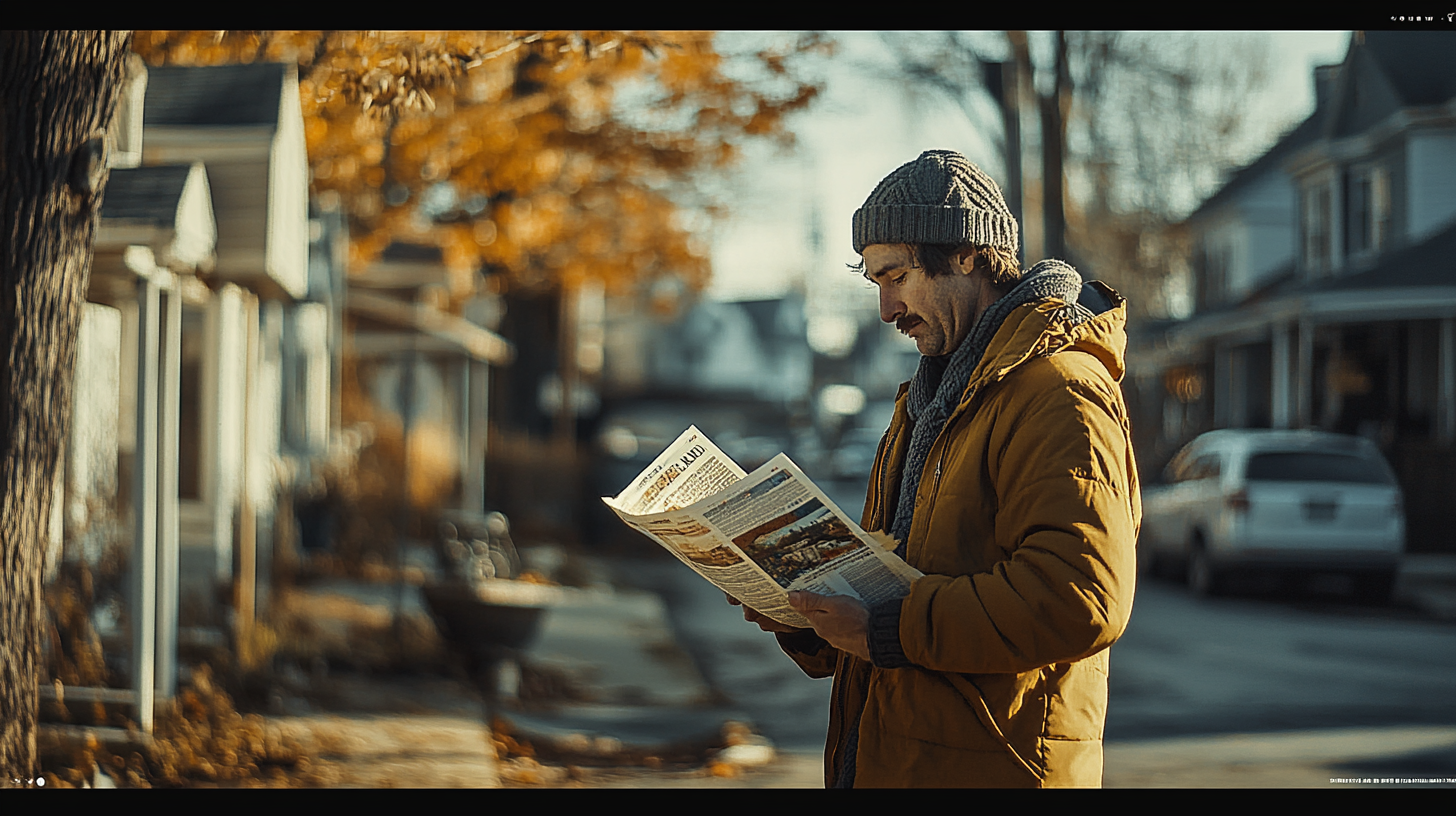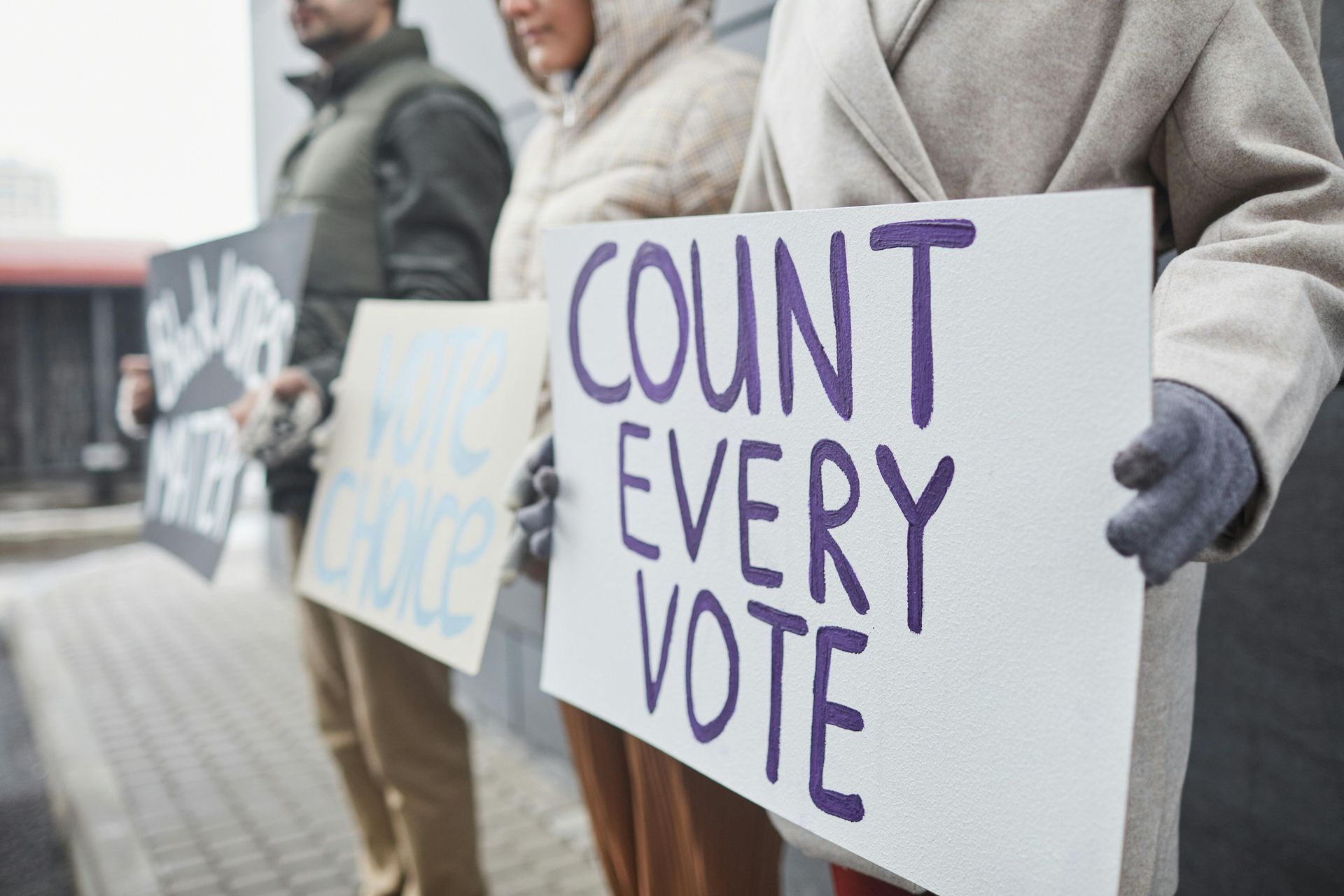DIRTY LEW
Maine Gun Laws After the Lewiston Mass Shooting
Maine Lawmakers Moved to Pass Gun Legislation
Maine Gun Laws After the Lewiston Mass Shooting
In the aftermath of the tragic mass shooting in Lewiston on October 25, 2023, Maine lawmakers moved swiftly to pass new gun legislation aimed at preventing future tragedies. The changes include extending background checks to private gun sales, creating an Office of Violence Prevention, improving crisis support, hiring more Maine State Police troopers, promoting safe firearm storage, and expanding the state's "yellow flag" law.
While these measures have garnered praise from gun safety advocates, they have also raised concerns among some who believe the new laws could infringe on Second Amendment rights or fail to address the root causes of violence.
Strengthening Maine’s Gun Laws for Safety
Supporters of the new laws, like Rep. Vicki Doudera, founder and co-chair of the Legislature's Gun Safety Caucus, see the reforms as essential steps toward improving public safety in Maine. Doudera has been a vocal proponent of Maine’s yellow flag law, a type of extreme risk protection order that allows law enforcement officers to take individuals into protective custody if they pose a danger to themselves or others.
The law has been used more frequently since the Lewiston shooting, averaging more than one use per day. Governor Janet Mills noted that the law has been applied about 15 times more in the past year than in the three years before the tragedy. For advocates, this uptick in usage demonstrates that Maine’s version of an extreme risk protection order is making a tangible difference in preventing violence.
Gun safety advocates, like Doudera, believe more can be done. She supports the introduction of a red flag law, which would make it easier for authorities to temporarily remove firearms from individuals deemed a danger to themselves or others. Additionally, Doudera advocates for policies such as a 72-hour waiting period for firearm purchases, a measure that has been shown in other states to help reduce firearm suicides by giving individuals in crisis a cooling-off period.
Protecting Gun Rights and Addressing Root Causes
On the other side of the debate, groups like the Sportsman's Alliance of Maine, led by Executive Director David Trahan, recognize the need for reforms but emphasize caution. Trahan has worked with lawmakers to shape the new gun laws, but he remains wary of overreach that could infringe on the rights of responsible gun owners.
Trahan argues that education and training should be prioritized when it comes to the yellow flag law, particularly in how it applies to younger people. He worries about young individuals being stigmatized or treated as criminals when they are in need of help. Instead, he supports targeted legislation that would train resource officers to use the yellow flag law in a way that protects both the individual and public safety without unnecessary punitive measures.
For Trahan and other advocates of gun rights, there is concern that expanding laws like the yellow flag or introducing red flag laws could create a slippery slope. They argue that such laws may lead to the unnecessary confiscation of firearms from law-abiding citizens and fail to address underlying issues, such as mental health, which often play a significant role in gun violence.
While Trahan agrees that Maine can do more, he advocates for policies that focus on prevention through education rather than more restrictive gun control measures. He believes the conversation should focus on mental health resources, support systems, and crisis intervention rather than additional restrictions on firearm ownership.
The Importance of Universal Background Checks
Another key point of discussion revolves around background checks. Under the new laws, background checks have been extended to private gun sales, closing a loophole that allowed individuals to purchase firearms without undergoing a check. For gun safety advocates like Doudera, this is a critical step in preventing guns from falling into the wrong hands.
Doudera and other proponents argue that a universal background check system is essential to reducing gun violence. This system would require a background check for all gun purchases, regardless of where the firearm is sold. Advocates believe this would make it harder for people with dangerous histories or criminal backgrounds to access firearms.
Concerns Over Universal Background Checks
However, opponents of universal background checks, including Trahan, argue that the system unfairly targets law-abiding citizens while doing little to stop criminals from obtaining guns. They point out that many people who commit violent crimes obtain firearms through illegal means, and background checks may not deter these individuals.
Trahan believes the focus should be on better enforcement of existing laws rather than creating additional hurdles for responsible gun owners. He suggests that while universal background checks may sound appealing, they do little to address the true sources of gun violence, such as illegal trafficking or mental health crises.
A Debate That’s Far From Over
As the Maine Legislature prepares for its next session in January, the debate over gun laws is expected to continue. Both sides agree that more can be done to prevent future tragedies, but they differ on how to achieve that goal.
For gun safety advocates, the expansion of laws like the yellow flag and the push for red flag legislation represent common-sense steps to reduce gun violence. For gun rights advocates, the focus should be on education, mental health support, and ensuring that any new laws respect the rights of responsible gun owners.
The challenge moving forward will be finding a balance between preventing gun violence and safeguarding individual freedoms—a debate that is likely to persist in Maine and across the country.
Go to Comments' Board
Join the Conversation!
Ready to share your thoughts on what’s happening in Lewiston? Head over to the Dirty Lew discussion board and be part of the dialogue that’s shaping our community. Whether it’s local news, city issues, or just something on your mind, your voice matters. Jump into the debate, share your perspective, and connect with others who care about the Dirty Lew just like you.
Latest forum topics:
Click or Tap to Share
Submit Your Story
Do you have a story to tell? Submit your own article for review, and let your voice be heard in Lewiston. Whether it’s an opinion piece, a report, or a personal experience, we want to hear from you.




Submit Your Story
Do you have a story to tell? Submit your own article for review, and let your voice be heard in Lewiston. Whether it’s an opinion piece, a report, or a personal experience, we want to hear from you.
© Copyright 2024 | All Rights Reserved |
Dirty Lew




